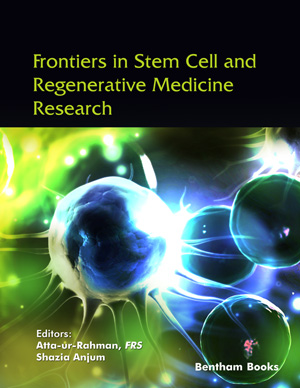Abstract
Primary Myelofibrosis previously also known as Agnogenic Myeloid Metaplasia or Idiopathic Myelofibrosis is a complex myeloproliferative disease. Although the initial genetic insult that causes uncontrolled proliferation of the defective Hematopoietic Stem Cell/Hematopoietic Progenitor Cell is still elusive, literature is being enriched with reports on the molecular mechanisms that provide growth advantage to the mutant clone and the secondary events that lead to stem cell mobilization, bone marrow fibrosis, osteosclerosis and angiogenesis. Identification of these mechanisms reveals dysregulation of genes. Dys-regulation of genes that causes silencing of the tumor suppressors is of common occurrence in various cancers. Treatment methods have been targeted against the causative chromatin modifying agents such as DNA methyl transferases and Histone Deacetylases. Ensued success with inhibitors of these agents in the treatment of various cancers has gained precedent in the treatment of Primary Myelofibrosis. In vitro experiments with DNA methyl transferase inhibitors and HDAC inhibitors on patient samples provide promising results and clinical trials for the treatments of PMF patients are under way. Positive outcomes of such clinical trials could pave way for better treatment strategies for this complex disorder and improve the quality of life of these patients.
Keywords: Primary myelofibrosis, stem cell disorder, bone marrow pathogenesis, epigenetic modifications, methyltransferase inhibitors, HDAC inhibitors











